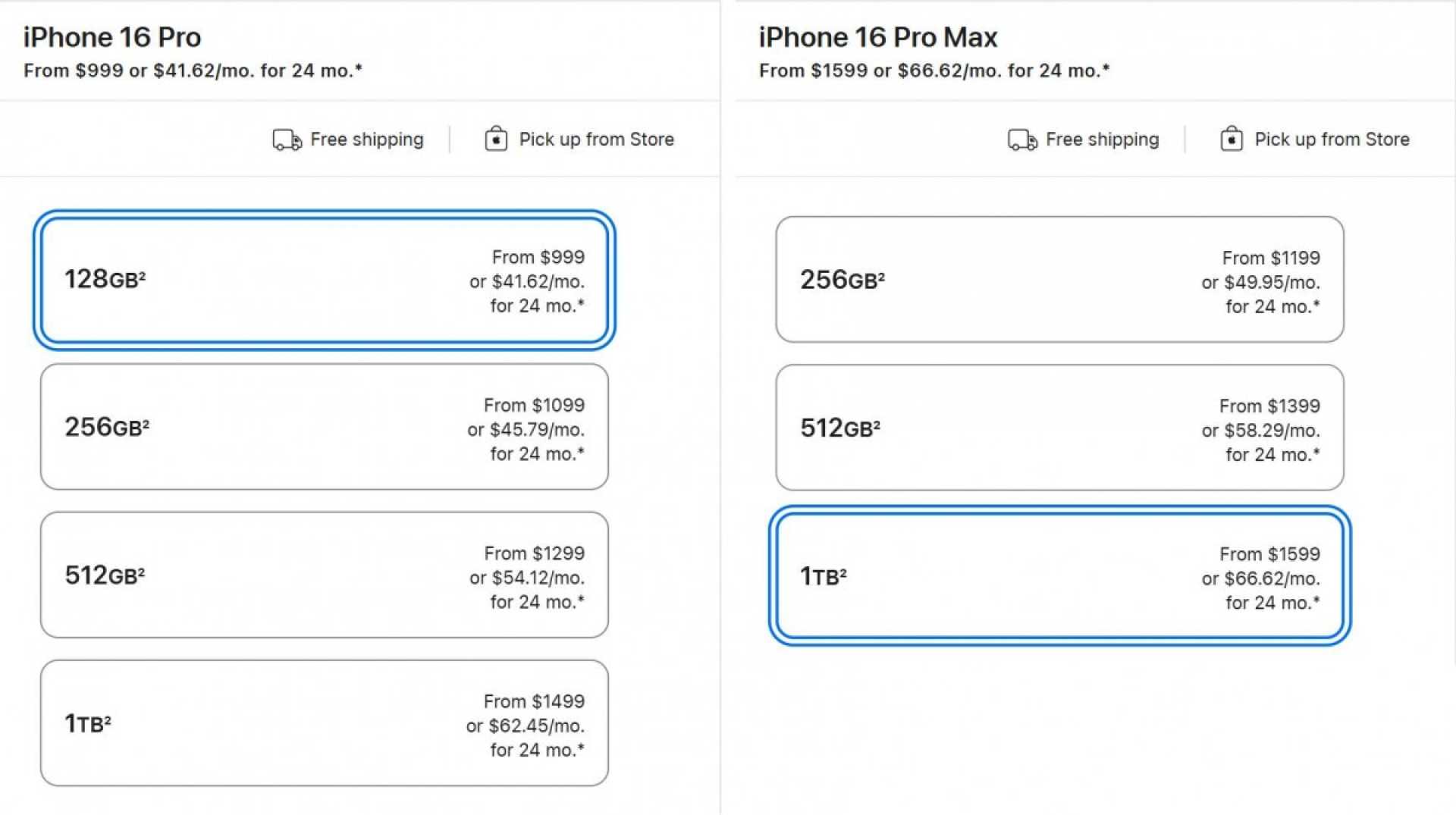Business
Apple Considers Price Increases for New iPhones Amid Tariff Concerns

Cupertino, California – Apple Inc. is evaluating potential price increases for its upcoming fall iPhone lineup, aiming to introduce new features alongside the hikes. Sources familiar with the matter have reported that the company is determined to sidestep any implication that these increases relate to U.S. tariffs on Chinese imports.
As the U.S. and China agreed to pause the most severe tariffs in their trade dispute, a 20% smartphone tariff imposed by former President Trump still remains. This tariff complicates Apple’s pricing strategies, especially as the company works to maintain profit margins without pointing directly to tariffs as a cause for any price hikes.
According to The Wall Street Journal, Apple is unlikely to reference tariffs in its communication about price adjustments. This decision is rooted in the backlash faced by Amazon earlier this year when it was perceived to be linking its prices to tariffs, prompting strong criticism from the White House. Consequently, Apple is exploring justifications for its price increases by focusing on new features rather than economic pressures.
CEO Tim Cook has faced challenges in light of the U.S.-China trade conflict, which threatens Apple’s established supply chain. The company has already initiated shifts in manufacturing, moving a significant portion of iPhone production to India, where exports doubled last year.
While fewer tariffs are expected from the recent trade agreement, Apple continues to prepare for increases in costs associated with tariffs on its devices. The new iPhone models, rumored to be part of the iPhone 17 lineup, are set to debut this fall and may include rapid design updates.
Experts suggest that Apple must increase prices strategically, pointing to product features without directly attributing cost rises to tariffs. Current iPhone models start at $799, with high-end versions exceeding $1,199. If price hikes occur, they will likely accompany significant advancements in device technology.
As Apple navigates these complexities, the company anticipates an additional $900 million in costs linked to tariffs this quarter alone. The transition to Indian manufacturing remains critical for meeting U.S. demand without relying heavily on China. Analysts express cautious optimism that India’s production capabilities will improve in the next few years, although ramping up production of high-end models remains a challenge.












